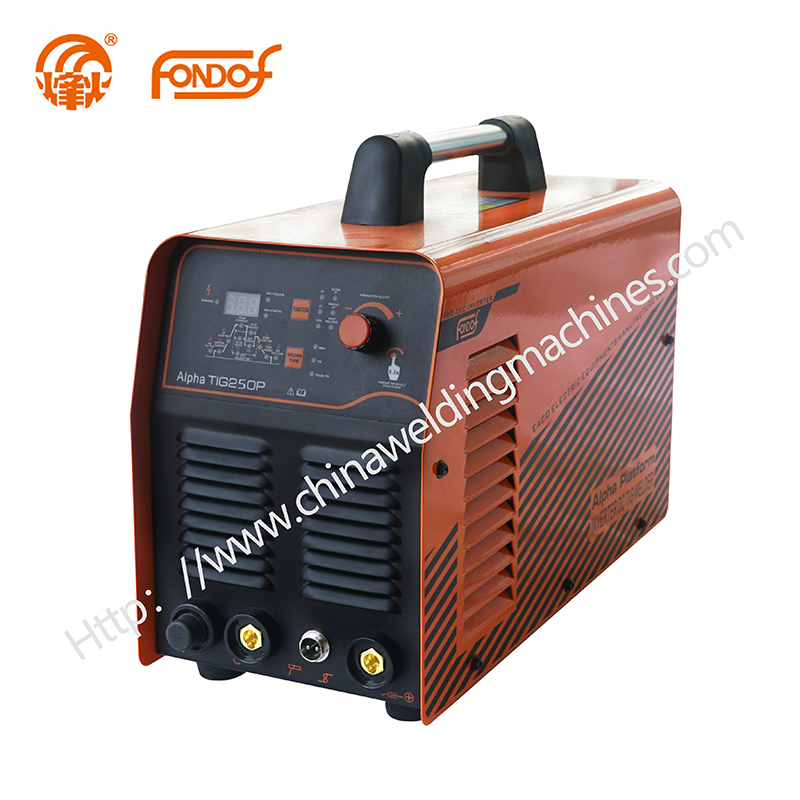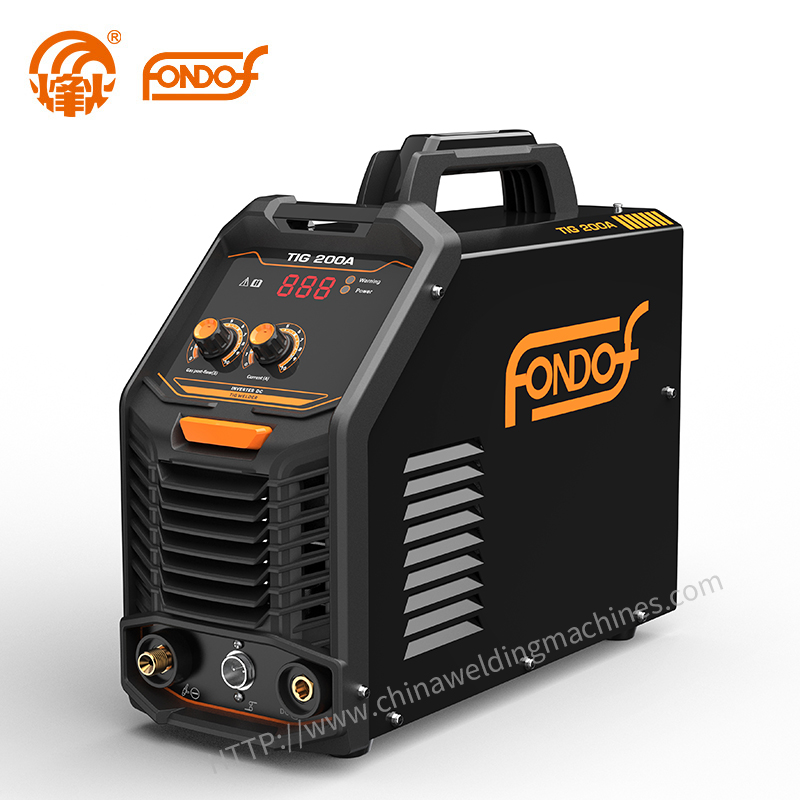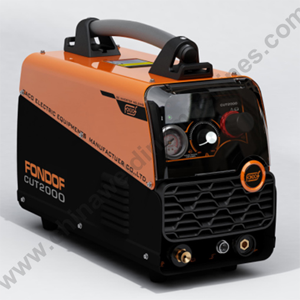Ac Vs Dc Welding – 5 Reasons Which One Is Right For Your Welding Job
 Oct. 24, 2024
Oct. 24, 2024
While DC welding is often the preferred choice, there are situations where AC welding may offer a better solution. In this article, I will explore the importance of understanding both methods.
For those familiar with the welding industry, the terms AC and DC refer to the two types of current used in the welding process. Welding relies on an electric arc to generate the heat necessary to melt metal. The goal is to maintain a stable current flow with different polarities, depending on the material being welded.
To make effective welds, it is crucial to understand how AC and DC currents affect the welding machine and electrodes. This involves learning about the differences between AC and DC welding.
The distinction between AC and DC welding comes from the polarity of the current flowing through the electrode of the welding machine. The strength and quality of the weld depend significantly on this polarity.
Neither AC nor DC is inherently superior; rather, they have distinct characteristics. The choice between them depends on various factors, which we will discuss in this article to enhance your understanding of AC and DC welding.
Analysis of AC Welding
Alternating current (AC) causes electrons to flow back and forth, switching direction 120 times per second. This continuous reversal of direction is what characterizes AC as an alternating current.
While AC is generally considered inferior to direct current (DC) for most welding applications, this isn't always the case. The choice between AC and DC depends on various factors that we will explore further.
Instances Where AC Welding Is Superior
One of the main advantages of AC welders is their lower cost compared to DC welders, making them an appealing choice for beginners. Additionally, if only AC welders are available, they naturally become the go-to option.
When welding magnetic materials, AC is often the preferred choice. The alternating nature of the current allows for a steadier arc, which can significantly reduce arc blow—a common issue with DC welders.
AC welding is also ideal for aluminum, as it generates a stable and high-temperature arc necessary for effectively melting this material.
Furthermore, AC welding is capable of penetrating deeply into metal plates, making it a suitable option for applications such as shipbuilding and other heavy-duty welding tasks.
Shortcomings of AC Welding
Despite some advantages, there are many situations where AC welding is not the preferred choice. One of the main drawbacks is the continuous alternation of the current direction. During this switching, there are moments when no amperage flows, leading to instability in the arc.
AC welding is characterized by more arc fluctuation, making DC welders a more appealing option for those seeking cleaner and more consistent welds. Additionally, AC welding tends to generate more spatter, which makes it less suitable for overhead and vertical welding applications.
Advantages of AC Welder
- AC machines are usually pocket-friendly.
- Arc blow issues can be fixed easily.
- The choice for aluminum welding.
- The best bet for magnetic field welding.
Disadvantages of AC Welder
- AC Welders do not produce smooth welds.
- The fluctuation in AC welding is more than in DC welding.
- Maximum spatter in AC welding.
- Arc in AC welders is very hard to work.
Analysis of DC Welding
DC welding is used more commonly than AC welding and is considered far superior welding than AC welding. DC welding current flows continuously and in one direction only. The arc is constant and flawless.
This type of current is a choice in batteries, low voltage devices. The cars also utilize DC electricity.
When to Choose DC Welding
DC welding offers a stable arc, as there are no moments of zero amperage like in AC welding. This stability allows for easier arc control, resulting in clean, smooth, and spatter-free welds.
With less spatter and mess, DC welding is a better option for overhead and vertical welding compared to AC.
Additionally, DC welding is ideal for novice welders, as it enables attractive welds with minimal learning curve. As a result, DC is the most commonly preferred choice in welding applications.
Shortcomings of DC Welding
There are situations where it is not the better choice as arc blow with DC welding is not great for magnetic materials.
DC welding does not make as high a temperature as AC welding, so it is not a natural choice for aluminum welding.
DC is a natural choice for the beginner but the cost makes it difficult for them to choose DC instead of an AC welder which is less expensive.
Advantages of DC Welding
- The arc here is very stable.
- The weld here is very smooth.
- Few spatters only.
- It is easy to operate.
Disadvantages of DC welding
- Expensive equipment.
- Arc blow is produced.
- Not a choice for aluminum.
Is DC/AC Welding Superior?
Determining whether DC or AC welding is superior isn't straightforward; the best choice often depends on the specific situation. Each welding method has its advantages that make it suitable for different scenarios.
Aluminum Welding
When it comes to welding aluminum, AC welding is the preferred method. It can achieve the high temperatures necessary for effective aluminum welding, while DC welding cannot reach the same temperatures, making it less suitable for this material.
Thin Metal Welding
DC welding is advantageous for working with thin metals due to its lower temperature, which helps prevent blow-through that can occur with AC welding.
Beginners or Novices
For beginners, DC welding is easier to master and provides a cleaner weld, making it a natural choice. However, DC welders are typically more expensive than AC welders, which may lead novices to opt for the more affordable AC option.
Deep Penetration
When deep penetration is required for welding thick materials, AC welding is generally more effective, ensuring strong adherence between the workpieces.
Vertical and Overhead Welding
DC welding excels in vertical and overhead positions due to its clean operation with minimal spatter, making it ideal for these applications.
Magnetized Metals
In the case of welding magnetized materials, AC welding is preferred because it eliminates arc blow, a common issue with DC welders when dealing with magnetized metals.





























